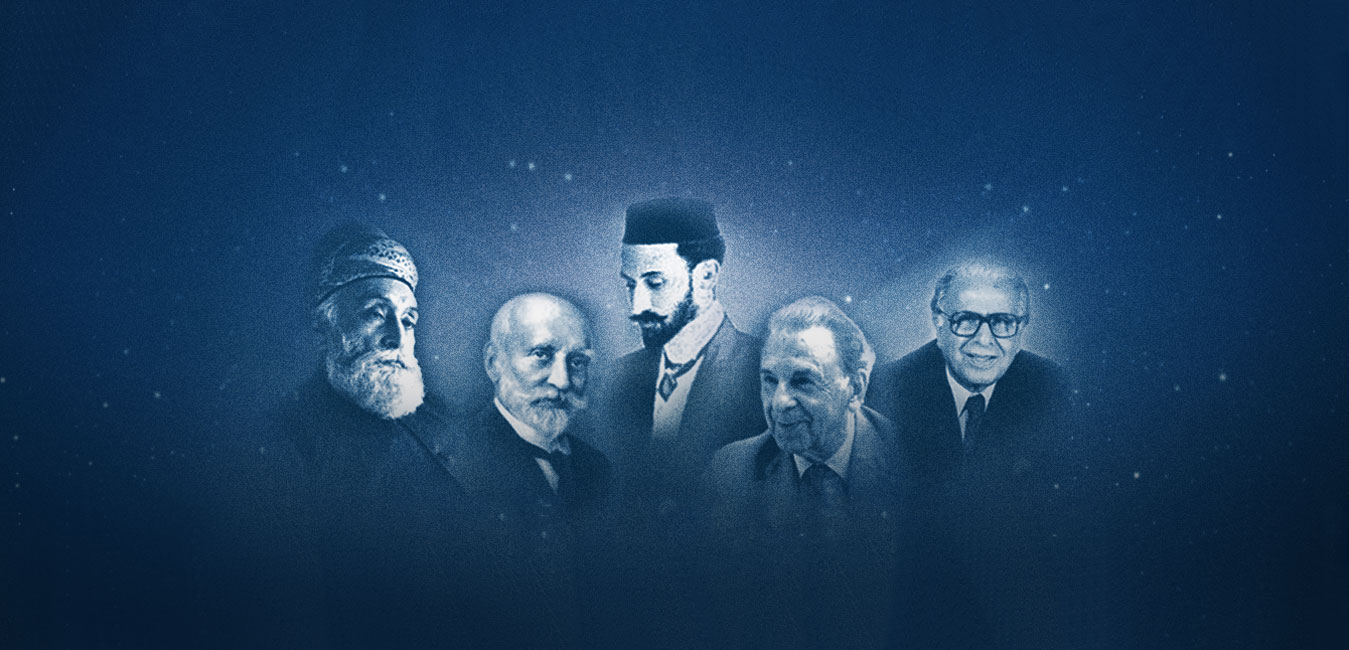The TATA Group, India's esteemed conglomerate, has a rich and storied history that spans over a century. Founded in 1868 by Jamsetji Nusserwanji Tata, the company has become a symbol of trust, innovation, and social responsibility.
With a diverse portfolio of businesses across sectors such as steel, automotive, telecommunications, hospitality, and information technology, the TATA Group has left an indelible mark on India's industrial landscape and has earned global recognition for its achievements.
In this article, we will embark on a comprehensive journey through time, exploring the significant milestones, transformative acquisitions, social initiatives, and the remarkable leadership that has shaped the TATA Group into the powerhouse it is today.
Foundation and Ethos
The TATA Group owes its origins to the vision and values of its founder, Jamsetji Nusserwanji Tata. In 1868, he established a small trading firm in Mumbai, marking the humble beginnings of what would evolve into an empire.
Jamsetji principles of "Leadership with Trust" became the bedrock of the TATA Group's culture, emphasizing ethical conduct, nation-building, and long-term thinking.
The group's first major breakthrough came with the establishment of the Tata Iron and Steel Company (TISCO) in 1907. Led by Jamsetji's son, Sir Dorabji Tata, and subsequently by his nephew, J.R.D. Tata, TISCO became the cornerstone of India's industrialization.
This pioneering venture propelled the TATA Group into the manufacturing sector and set the stage for future diversification.
Diversification and Expansion
Under the visionary leadership of J.R.D. Tata, the TATA Group embarked on a trajectory of diversification and expansion. J.R.D. Tata believed in the power of innovation and investing in human capital. In 1932, he established Tata Airlines, which later became Air India, India's national carrier. This move signalled the TATA Group's foray into the aviation sector, and it laid the foundation for future successes.
Over the years, the TATA Group expanded into a multitude of sectors. Notable achievements include the launch of Tata Motors in 1945, which has grown to become India's largest automobile manufacturer and a global player with the acquisition of Jaguar Land Rover (JLR) in 2008.
Additionally, Tata Chemicals, Tata Consultancy Services (TCS), Tata Power, Tata Communications, and Tata Global Beverages (now Tata Consumer Products) are just a few examples of the group's diverse business interests.
Acquisitions and Global Footprint
The TATA Group's strategic acquisitions have been instrumental in its global expansion and brand recognition. In 2000, Tata Tea (now Tata Consumer Products) acquired Tetley, a renowned British tea brand.
This marked the group's entry into the global market and paved the way for subsequent acquisitions and partnerships.
The acquisition of Corus, Europe's second-largest steel producer, in 2007 was a significant milestone for the TATA Group. This transformative move catapulted the group into the league of global steel giants and expanded its presence in Europe.
Despite economic challenges, the TATA Group's commitment to its employees and the community helped revive the struggling steel industry in the region.
Additionally, the TATA Group's acquisition of Jaguar Land Rover (JLR) in 2008 demonstrated its ability to revitalize iconic brands. Under Tata's stewardship, JLR has experienced a remarkable turnaround, achieving sustained growth and global acclaim.
These strategic acquisitions have not only contributed to the group's financial success but have also elevated the global perception of Indian businesses.
Social Responsibility and Philanthropy
The TATA Group's commitment to social responsibility has been ingrained in its DNA since its inception. In 1892, Jamsetji Tata established the J.N. Tata Endowment to provide financial assistance to Indian students seeking higher education abroad, a pioneering effort in promoting education and nurturing talent.
The Tata Trusts, a network of philanthropic organizations, have played a pivotal role in driving social welfare initiatives. The trusts focus on areas such as education, healthcare, rural development, and livelihood creation, aiming to uplift marginalized communities and foster inclusive growth.
The Tata Group's initiatives in skill development, women's empowerment, and environmental sustainability further exemplify its commitment to holistic progress.
The group's social responsibility extends beyond India's borders. In the aftermath of the devastating earthquake in Bhuj, Gujarat, in 2001, the TATA Group's quick response and rehabilitation efforts showcased its commitment to communities in times of crisis.
Similarly, during the COVID-19 pandemic, the group extended support through various initiatives, including healthcare infrastructure enhancement, medical supplies, and relief measures. More than 2000 crores was donated by TATA Groups.
Leadership and Global Recognition
The TATA Group's success can be attributed to its exceptional leadership. J.R.D. Tata, the group's longest-serving chairman, played a pivotal role in shaping its values, culture, and direction.
He was succeeded by Ratan N. Tata, under whose leadership the TATA Group achieved new milestones and global recognition. Ratan Tata's visionary leadership, strategic decision-making, and commitment to ethical business practices elevated the group's standing, both nationally and internationally.
The TATA Group's achievements have been acknowledged and honored globally. The prestigious Harvard Business Review ranked Tata Sons, the holding company of the TATA Group, as one of the top 25 best-performing companies in the world multiple times.
The group's emphasis on sustainability, corporate governance, and innovation has garnered accolades and admiration from industry peers, stakeholders, and experts alike.
The TATA Group's journey is a testament to the transformative power of vision, integrity, and social responsibility.
From its humble beginnings in trading to its present status as a global conglomerate, the TATA Group has exemplified excellence across industries, driving economic growth and societal progress. Its commitment to ethics, innovation, and philanthropy has set benchmarks for corporate citizenship.
As the TATA Group looks ahead, it remains dedicated to its core values and principles. With a renewed focus on digital transformation, sustainability, and creating a positive societal impact, the group continues to shape the future of industries and empower communities.
The TATA Group's remarkable journey is not only a source of inspiration but also a testament to the enduring legacy of Jamsetji Tata and the visionary leaders who have steered the conglomerate on a path of excellence, ethics, and empowerment.
Written by- Johan Rosario
Edited By- Radhika Agrawal










0 Comments